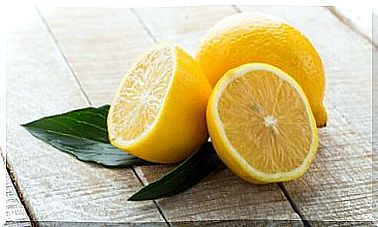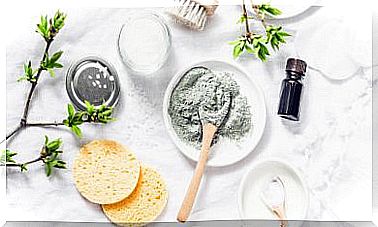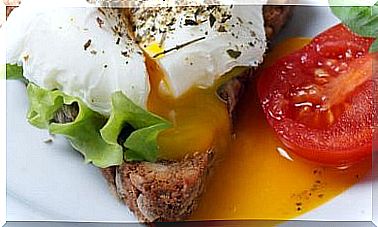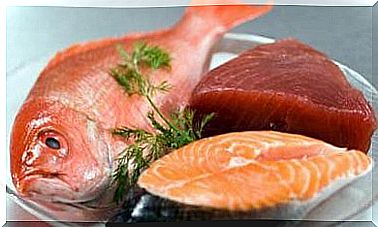6 Foods To Avoid Overheating. You Can Get Sick!
To avoid problems it is advisable to cook the right amounts of food so as not to have to reheat it later. In any case, it is recommended not to take more than 24 hours to consume them.
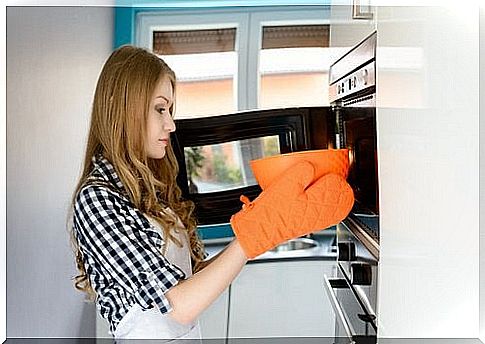
Reheating meals is a very common habit that can be used to enjoy a dish in later hours. Also to reduce food waste. Although it is a practice that has been maintained for many years around the world, it was recently determined that in some cases it can be dangerous for the body. Why should you avoid overheating?
The European Food Information Council (EUFIC) warned that improperly cooked or reheated food can have several health consequences. This is due to the fact that certain types of bacteria grow excessively when they are given an environment with temperatures between 5ºC and 65ºC.
As a consequence, it increases the risk of food poisoning and digestive problems such as bloating, colic and gas. Taking into account that many do not know what foods should not be reheated, below we want to give the details of the 6 most common.
Foods that you should avoid overheating so as not to expose your health
1. Rice
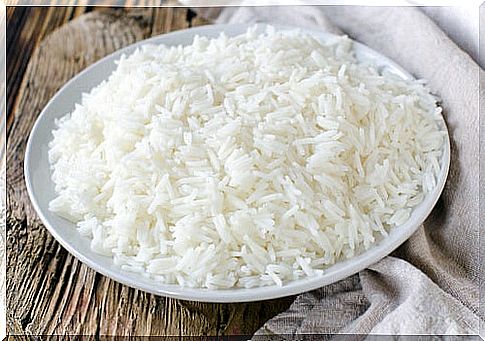
Rice is one of the foods that overheats the most in the hours or days after its preparation. Although its flavor and texture keep well at room temperature, the grain contains small spores of bacteria that can cause poisoning when stimulated by heat.
After its first cooking, the more rice is heated to high temperatures, the more likely it is to develop toxic agents.
The ideal thing is to eat it freshly cooked and, if possible, not allow more than 24 hours to consume it in its entirety. Rice poisoning causes an upset stomach, bloating and, in worst cases, vomiting and diarrhea.
2. Potatoes
Potatoes are a nutritious food that we can use in the preparation of hot and cold recipes. The risk occurs when they are reheated to too high temperatures or are kept out of the refrigerator for a long time.
In these spores are produced that, upon reaching the body, develop digestive discomfort and symptoms of intoxication. In addition, when subjected to heat again, their flavor is altered and they lose many of their nutritional properties.
- The best way to reuse them to avoid waste is to make a cold puree or salad.
3. Avoid reheating the celery
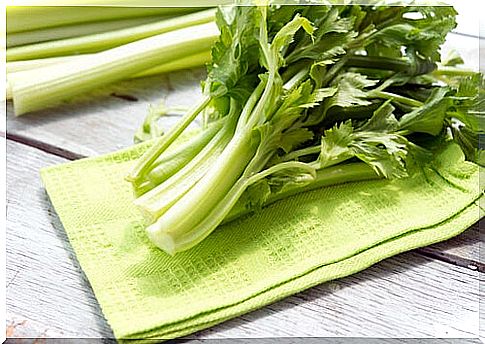
Many people prefer to use raw celery because they find that it gives a very interesting flavor to salads and creams. However, when it is used in hot recipes, it is best to eat everything freshly prepared to avoid the risk of poisoning due to overheating.
You should avoid overheating this vegetable, since it contains nitrates that, when subjected to heat, generate nitrites that are harmful to health. These substances can increase the risk of cancer, according to a study published in the journal “Nutrients.”
4. Beet
Beetroot is a very popular vegetable that has been valued in natural medicine for its significant contribution of antioxidants, vitamins and minerals.
The problem that occurs when subjected to high temperatures is that, like celery, it has a quantity of nitrates that can be transformed into nitrites. On the other hand, nutrition experts suggest that the best way to take advantage of its properties is raw, either in smoothies or salads.
5. Chicken
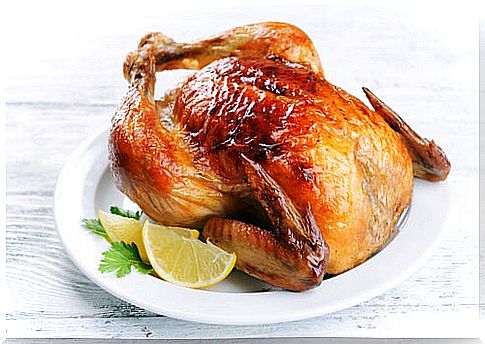
To safely consume chicken it is important to verify that each of its parts is well cooked. The salmonella is very common in birds and insufficient cooking increases the risk of infection, according to a study published in 2015.
It should be verified that the portion is not pink or too juicy. On the other hand, to prevent digestive difficulties, you should avoid overheating. It is best to consume it freshly prepared.
Although the taste seems to hold well, its protein composition changes and causes negative reactions in the stomach. In case of not consuming it in the said time, it can be heated later, as long as it is at a low temperature.
6. You should avoid overheating the mushrooms
Mushroom proteins are easily destroyed due to the action of enzymes and some microorganisms. Because of this, keeping them at room temperature after cooking is harmful.
You should avoid reheating this food after its initial cooking process because it causes bloating, bloating, and sometimes diarrhea. However, it seems that there is no problem if they are heated to a temperature above 70 ºC.
Be careful with certain foods when reheating them
Finally, keep in mind that all the ingredients in your meals are different and undergo various changes when subjected to high temperatures. The next time you heat your food, cover it with a lid so that the heating occurs evenly.

